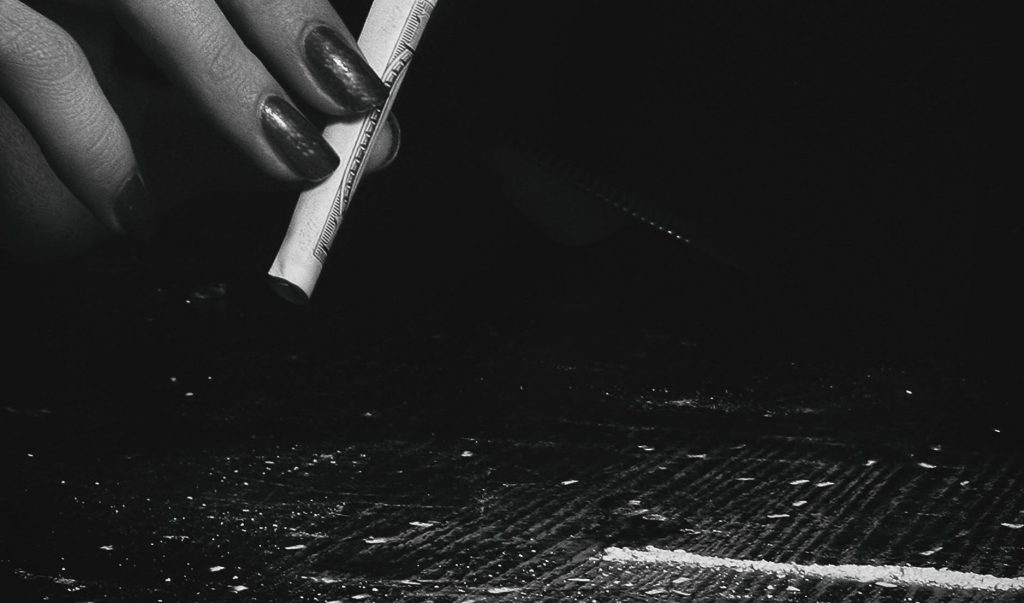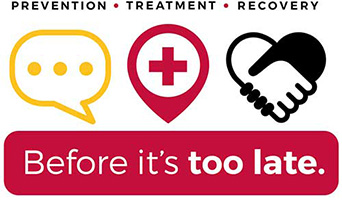Drugs: Political Poison and Decay of Society

Drugs are something that have touched everyone’s life in some manner. A prescription may be what keeps you alive and healthy. Your brother may have broken a bone at work and wound up with an addiction to painkillers before graduating to heroin because it’s cheaper. A friend or co-worker might live with depression or bipolar disorder and opt to “self-medicate” with marijuana and other hallucinogens because therapy is an ugly word. And maybe you enjoy a drink at the end of the day but someone else observes that you can never go without it.
Whatever the circumstance, it is a thing that can have the most profound negative impact on our lives and on society as a whole. Many suffer as addiction ravages their bodies and minds, or as they watch it happen to someone they love. Some choose to defend addicts as victims of disease while others condemn their choices, their refusal to get help, and their willfulness to introduce it to others and drag them down.
Regardless, it isn’t pretty.
It is a highly profitable enterprise for those willing to exploit it. The market for alcohol reaps billions of dollars in sales worldwide. So too does the pharmaceutical industry and the black markets that sell narcotics illegally.
Historically drugs have also made a powerful political weapon. China’s economy once thrived on the sale of silk and tea to the west until Great Britain used the East India Company to smuggle and sell opium to their people. This move bled China dry and sparked the first Opium War in their attempt to stop the problem.
The British were victorious. Through the Treaty of Nanking, they established control of Hong Kong as a colony (which lasted until 1997) and other ports. They placed a poll tax on Chinese who traveled to New South Wales (Australia), as well as tariffs on trade at the ports. China was also forced to pay reparations for opium that was seized, as well as the costs of the war.
The Second Opium War that followed it led to the legalization of Opium and the further withering of the Chinese people and their culture. Their foreign trade was strictly regulated, tariffs increased, and they were barred from using a character in their own language which referred to foreigners as barbarians.
The Chinese referred to this as the Unequal Treaties. Their consequences were the root of a nationalist uprising against western colonialism known as the Boxer Rebellion, and to a greater inequality of class that ripened the Chinese nation for the Communist Revolution. The revolution and the forced economic shift from agricultural to industrial by the Communist Party resulted in the deaths of more than 50 million people through famine and failure to provide relief.
Those same drums beat today in the United States as foreign cartels smuggle drugs like marijuana, cocaine, heroin, and fentanyl across the Mexican border in an era where unfair trade is bleeding our economy, and the increasing financial inequality is driving the promotion of socialism.
Without the smuggling of drugs, China would have become a completely different country than it is today. More than likely it would be a healthier and more fruitful land that does not have to profit on abusing trade with the USA. We tread down the same path they once walked. Every sad story becomes a small part of a bigger and more tragic picture by cause and effect.
While many don’t consider it so, alcohol is legally recognized as a drug; a depressant. And while many criticize prohibition and tout stories of bootleggers and continued use, the facts of the matter are that drinking alcohol was never criminalized, but banning the commercial manufacture and sale of alcohol reduced overall consumption by 70% according to a study by Boston University and M.I.T.
According to a 1989 New York Times article by Mark H. Moore, a professor for criminal justice at Harvard’s John F. Kennedy School of Government, during prohibition there was a decrease in cirrhosis related deaths and admissions to mental institutions for alcoholic psychosis, as well as arrests for disorderly conduct and public drunkenness.
Plenty hold a bias because they like a drink, but the positive numbers cannot be disputed. The prohibition laws forced drinkers out of the public eye where they hurt the most people, and when prohibition ended, many third parties suffered the consequences.
Moore applied the philosophy to drug use, and adamantly stood that the liberalization of drugs (in 1989, the hot topic was cocaine and heroin) would not solve the problem. In today’s world where it’s now a political stance to legalize Marijuana, to provide clean needles and safe spaces to addicts, and revive overdoses with Narcan without arresting the users while we’re in the throes of an opioid epidemic, can anyone actually say he was wrong about that?
It will take more than lip service “Drugs are bad” comments by our state leaders, and apologists who claim addicts are a victim of disease (many argue that drug addiction cannot truly be a disease because it is self-afflicted) to actually solve this problem.
One could argue that with the government’s role in drug trade (practices such as the FBI and CIA giving certain criminals and organizations a pass to get evidence on others, or actions such as the Obama Administration allowing the Hezbollah terrorist group to smuggle drugs into the United States to make the Iran Nuclear Deal) they have even helped to create it.
So many people today claim to want a better world for the next generation. They use it to justify climate change alarmist behavior and enforce green policies. They use it to promote gun control and confiscation to stop gun-related crimes and mass shootings. But how can they honestly criticize the sale of a weapon someone could buy to kill others and ignore or support the sale of substances people will kill themselves with, either intentionally or accidentally?
Drugs and the culture surrounding their use are a cancer that has only wrought unhappiness and destruction on mankind. But as many people as there are who understand this and have a sad story to share, society as a whole has yet to wake up. Someone always sees getting high as cool, a valid escape, or as someone else’s choice that they don’t care to judge.





You want to help the drug problem in Cecil County ? Build a rehab out away from everything, start handing out mandatory rehab time like a year minimum stay instead of worthless jail sentences !!! They get no help inside !!!
Yup. Agreed.
Marijuana is an herb not a hallucinogen people need to educate theirselves smh.
https://www.drugrehab.com/addiction/drugs/marijuana/what-kind-of-drug-is-marijuana/
“Hallucinogenic Effects”
“Hallucinogens are a class of drugs that cause profound distortions in a person’s perceptions of reality. These substances, often man-made, are also found in certain plants and mushrooms. Hallucinogens include LSD and PCP.
“According to the National Institute on Drug Abuse, large doses of marijuana can cause hallucinations, delusions and a loss of the sense of personal identity. These effects are generally temporary. However, the drug can also exacerbate symptoms of schizophrenia in people with this mental illness.
“Cannabis can also cause symptoms similar to those of other hallucinogens.”